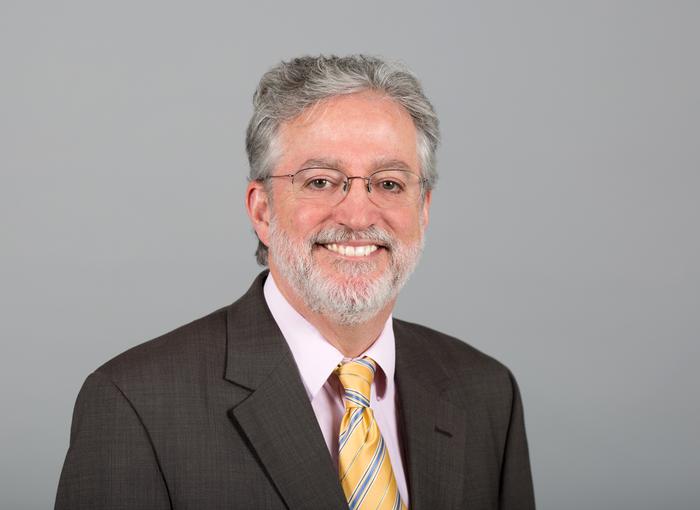University of Utah Health professors Amy Barrios, PhD, and H. Joseph Yost, PhD, have been elected as Fellows of the American Association for the Advancement of Science (AAAS), a lifetime honor that celebrates their excellence in research and commitment to mentoring the next generation of scientists.

Credit: Kristan Jacobsen Photography / University of Utah Health
University of Utah Health professors Amy Barrios, PhD, and H. Joseph Yost, PhD, have been elected as Fellows of the American Association for the Advancement of Science (AAAS), a lifetime honor that celebrates their excellence in research and commitment to mentoring the next generation of scientists.
Yost and Barrios join a distinguished cadre of AAAS Fellows at the U, including Nancy Songer, PhD; Thure Cerling, PhD; Vahe Bandarian, PhD; Eric W. Schmidt, PhD; Jennifer S. Shumaker-Parry, PhD; and Mario Capecchi, PhD.
Rachel Hess, MD, associate vice president for research at U of U Health, says, “The election of Dr. Barrios and Dr. Yost to fellowship of the AAAS recognizes their extraordinary contributions to their disciplines and the future generation of scientists. We are thrilled for them to join the six AAAS members in the University of Utah community.”
This year’s cohort of 502 fellows will be celebrated at a forum in Washington, D.C. in September 2024, as well as being featured in the AAAS News & Notes section of Science in April 2024.
Amy Barrios
Barrios, professor of medicinal chemistry in the College of Pharmacy, was elected “for distinguished contributions enabling the therapeutic targeting of mammalian protein phosphatases, for mentoring, and for service to the community.”
“This is an amazing honor to be nominated and elected as a fellow of the AAAS, but it also recognizes the amazing work that my graduate students, postdocs, and collaborators have done,” Barrios says.
Barrios’ research focuses on a group of enzymes called protein phosphatases, which are essential for a vast array of biological processes. Her lab builds tools to learn about the roles these enzymes play in health and disease. She explains, “These enzymes are involved in diseases ranging from cancer and autoimmunity to metabolic disease and substance use disorders, so there’s lots of interesting therapeutic potential applications.”
Barrios also investigates how metal ions, especially drugs that include gold ions, work in the body and explores how gold-based drugs can be used to treat parasite infections like dysentery and toxoplasmosis.
Barrios’ selection as a fellow of the AAAS also honored her commitment to mentoring. “Something I’ve worked really hard on over my career is mentoring and creating spaces on campus where people from diverse backgrounds can be successful in their careers on their own terms,” she says. “It’s really important for everyone’s voice to be heard and to be able to have everyone contribute to science so that we get much more diverse perspectives and more diversity in what we explore scientifically.”
H. Joseph Yost
Yost, professor of neurobiology and anatomy in the Spencer Fox Eccles School of Medicine, vice chairman for basic science research in pediatrics, and Richard L. Stimson Presidential Endowed Chair, was elected “for distinguished contributions by an exceptional individual who possesses a unique combination of research expertise, leadership skills, and a dedication to mentoring the next generation of scientists.”
“We ask a fundamental biology question of how the left side of the body is built differently than the right side of the body, which segued into our interest in how the heart is built,” Yost says. To function properly, the heart of a developing embryo needs to transform from a symmetrical tube into an asymmetrical knot. Changes in this process can lead to congenital heart disease.
Yost’s endeavor to understand heart development relies on a positive feedback loop between clinical and basic science. Yost works with pediatricians and genomics experts to understand the genetic differences of congenital heart disease patients. Back at the bench, he uses model organisms like zebrafish and frogs to understand how those genes drive heart development.
As the director of three training grant programs, Yost is committed to mentoring future biomedical scientists. Of one of these programs, Genomics Summer Research for Magnificents (GSRM), Yost says, “These are magnificent students that come from all over the country, from a variety of different backgrounds, and we often give them their first lab experience and get them excited about getting into science… It’s a really exciting time to be a mentor for the next generation.”



